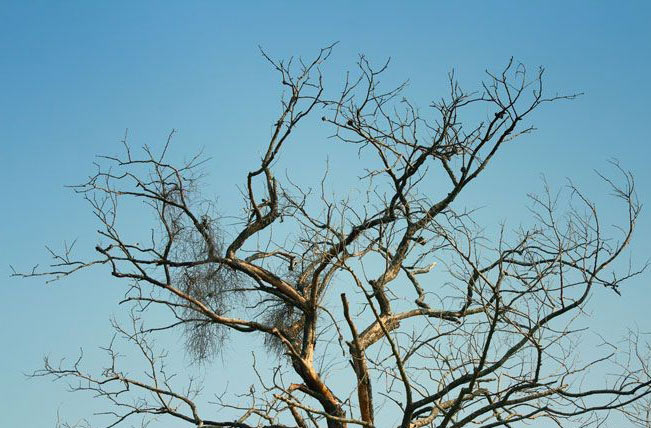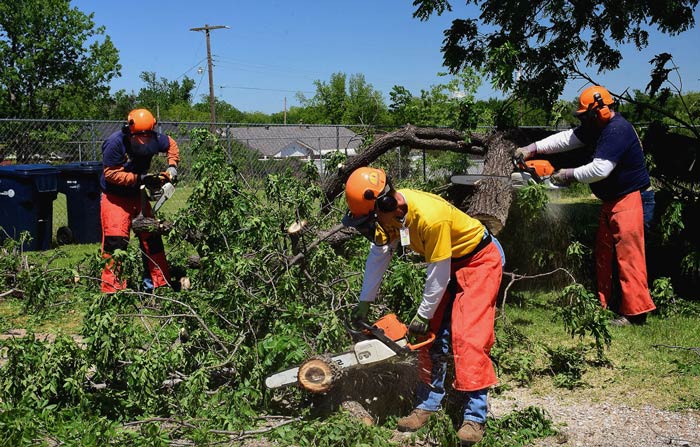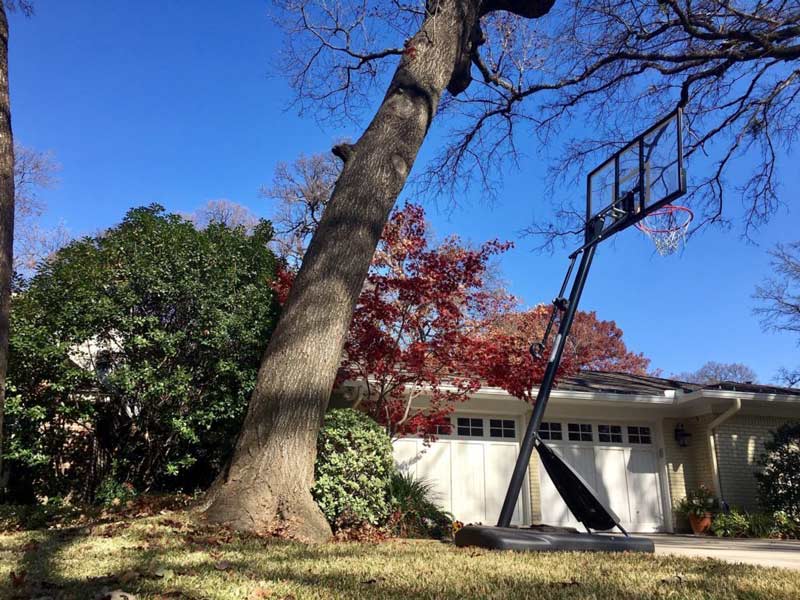In many states and cities, the regulations for cutting down trees are very stringent, yet the perplexing part is that these regulations vary by state. It’s crucial to be aware of the local guidelines concerning the removal of trees.
Trees can be cut down without permission when:
- The tree is dead
- Has fallen over
- Has become dangerous (needs arborist certification)
- Is a local pest species, or
- Is not considered significant or historical by the state or city.
Again, you will need to check local tree ordinances to see the specifics of a significant tree, but in most cases larger trees are significant and smaller ones are not.
What we cover
ToggleHow to quickly check
We have a free resource here that links to all tree ordinances in the country. Simply click on the below link, select your state, and then your city. You will then be taken to your local city tree ordinance.
#1 Fast Hack
All lock tree services know which trees can be removed without a permit, and which ones will need approval before removal. Fill in the above form with your location and a little information about your tree job. Three local tree services will give you free information about the law surrounding your tree removal and a free estimate for removal. No pushy sales, just friendly advice, and great prices.

Trees that CAN be removed without permission
Certain trees can be removed without permission. This is because they no longer serve a purpose, or they have become dangerous to persons or property.
They are:
- Dead trees
- Dangerous trees
- Fallen trees
- Pest trees
- Non-significant local trees
Dead trees
95% of the time you will be able to remove a dead tree without permission. I have seen some cities that require a permit as they like to leave dead trees for wildlife to use for nests etc. Once a tree dies, the roots that keep it upright begin to rot. It is only a matter of time until it comes tumbling down. For safety reasons, you should have a dead tree removed asap.
If you are unsure check with your local dead tree service.

Fallen trees
If a tree has fallen in a storm or is just on its own, you will not need a permit to remove it. You just need to call a local arborist to come and cut it up and take it away.
The cost of fallen tree removal is far cheaper than regular tree removal. The reason is that the hard part is getting the tree down on the deck asap. Because that is already done for the tree removal service, it becomes quite easy to cut up and remove.





Dangerous trees
Trees can quickly become dangerous after a storm. This can happen if the ground has softened around the tree and it has developed a lean all of a sudden. You will need to get an arborist to inspect the tree to confirm it is in fact dangerous and needs to come down.
Because this type of removal is considered an emergency, I still recommend you contact your city to advise them that the tree is dangerous and you are taking steps to have it removed immediately.
The red tape for getting approval for tree removal can take weeks. This is a precious time you do not have if the tree is threatening to fall.

Local pest species
All states have a list of endangered tree species and pest species they are trying to eradicate. If you are looking to remove a tree that is recognised as a local pest species you will not need city approval to do so.
Check your local tree ordinance to see the list of trees exempt from needing a permit in your area.
Non-significant trees
A significant tree is any tree of large size as stipulated by your local tree ordinance. Some cities consider a tree with a trunk circumference of 3 feet to be significant, meaning anything smaller can be removed with a permit. Other cities consider a tree with a trunk circumference larger than 1 foot to be significant. It all depends on what state and city you live in.
What to do next
Before going ahead with any tree removal, you need to make sure it is legal to do so. There are exceptions to all of the above parameters, so the only sure way to check this for your city or state is to read your local laws in the tree ordinance which you can find here, or through an internet search.
The penalty for cutting trees without a permit is generally a large fine, so it is best to get your facts straight before proceeding.










